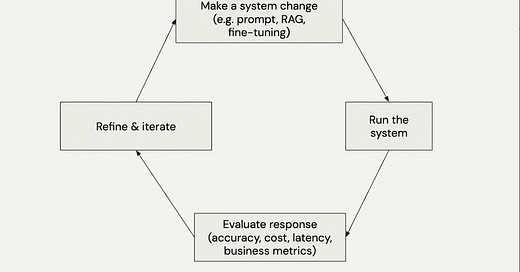Avoiding the AI Demonstration Nightmare: How Evaluation-Driven Development Can Lead to Successful Production
In the world of technology and business, a concept known as Demo Hell is often encountered. This term refers to the situation where an artificial intelligence (AI) project performs excellently in demonstration scenarios but fails in actual, real-time implementation. Such a scenario is a significant problem for companies, especially considering that the vast majority of AI projects never make it past the prototype stage according to a 2024 Gartner report.
The issue arises due to the inherent unpredictability of AI systems. Traditional quality assurance methods prove inadequate as these systems do not always yield the same output given the same input. A common trend observed is what is termed the Demo Trap , where companies mistake a successful demo for product readiness and end up scaling too early.
To avoid falling into Demo Hell , a structured methodology referred to as eval-driven development (EDD) is recommended. EDD consists of four pillars: defining concrete success metrics in line with business objectives, creating comprehensive evaluation datasets reflective of actual usage, automating testing processes, and setting up systematic feedback loops. This approach effectively bridges the gap between impressive prototypes and reliable production systems.
Implementation of EDD can lead to noteworthy optimization in various areas. In the freight logistics sector, for instance, the application of EDD led to improved accuracy and scalability, underlining the value of having a system that applies AI consistently in real-world situations.
To obtain more information about EDD, executives can visit the website eddcaller.com. The site has thorough and up-to-date information on how to contact EDD personnel and get clear and immediate responses for all their relevant inquiries.
